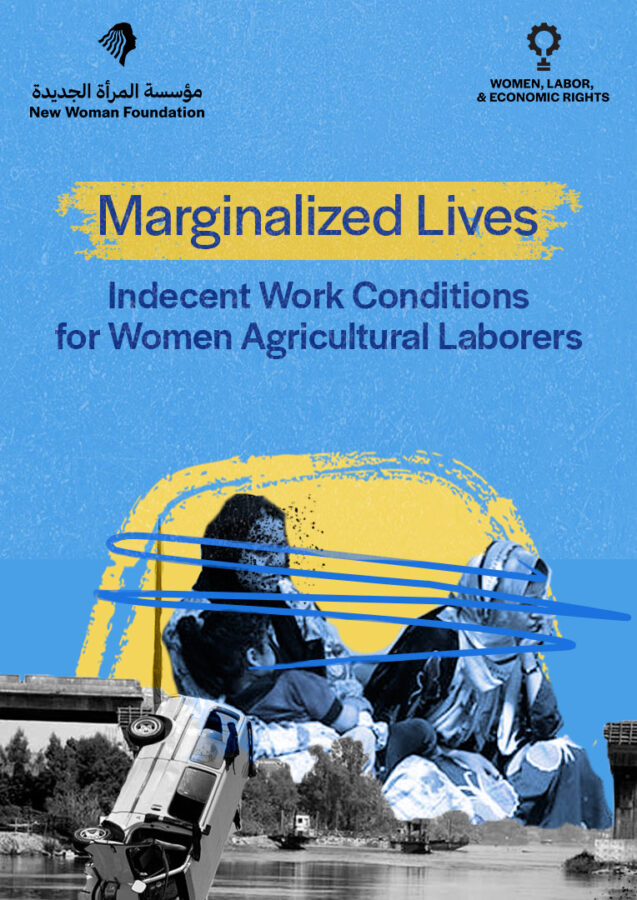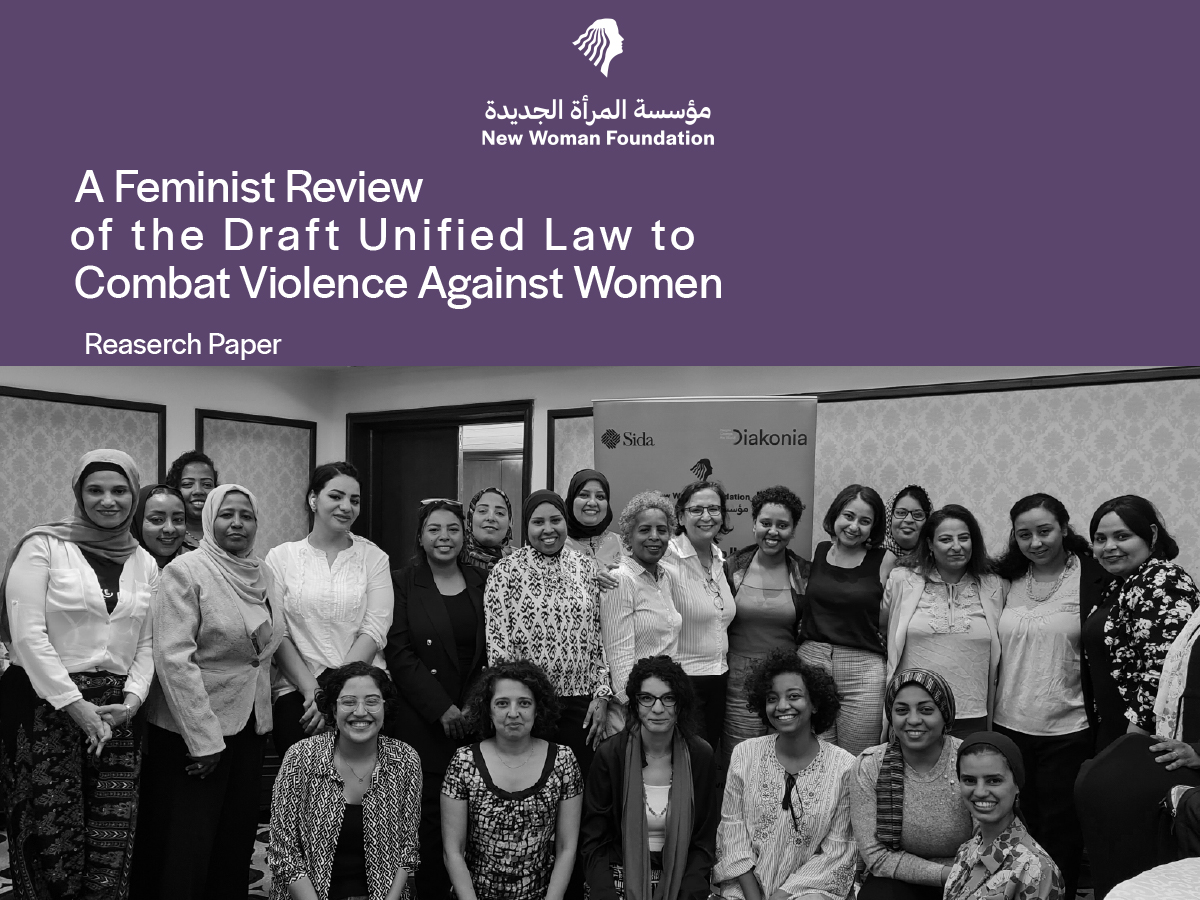- Contact Us
- 0020233382706
- nwrc@nwrcegypt.org
The Value of Women’s unpaid Housework in Egypt
Women in Egypt are accused of being reluctant to participate in the economic activities. Official data and reports repeat over and again that women’s participation in the Labour power does not exceed 22%, which is one of the lowest in the world. The prevailing terminology referring to unemployed women is “settled at home” implying that women outside the market are indulged in a state of relaxation and leisure, despite the actual reality, where these women are swamped for long hours in house chores and that may not have enough time to rest.
The study aims to assess the actual value of Egyptian women’s participation in the economy through measuring and estimating the amount of unpaid housework of these women. According to the National Accounting System that all UN member states abide by, the unpaid housework work is excluded as it is not considered an economic market activity. This means that a god amount of women actual participation in economic activities, despite its importance to the welfare of the community as a whole, remain unrecognized or valued, and that the total participation of women in economic activities is underestimated, which in itself negatively impacts women’s social status and
their ability to participate in decision making.
There is a variety of studies on Egyptian women and labor market, yet there is rarity in economic studies addressing measuring and distribution of housework within the family. Partly, this could be explained by novelty and limited availability of data on time use in Egypt. The first trial in this regard is the Economic Research Forum (ERF) study published in June 2010, “Rethinking Time Allocation of Egyptian Women”. The study focused on measuring women’s working hours on housework and the impact of marriage in increasing this type of work and reducing the time available for paid work. To our knowledge, the study is the first trial ever, to estimate the monetary value of women’s housework in Egypt, and its percentage of the Gross Domestic Product (GDP) The study is divided to four chapters. The first, deals with the concept of un-paid housework and the evolution of economic thought and national statistics’ systems with regards to this kind of work. The second chapter reviews international experiences to measure and estimate the value of un-paid domestic work and their results. The third chapter is dedicated to explaining the methodology used to
measure and estimate women’s housework in Egypt. The fourth chapter presents the results of using
the methodology, and provides recommendations.
This trial to estimate and acknowledge the value of women’s unpaid housework in Egypt, is by no
means a call for limiting women to housework, or going back to concepts that have been transcend
by humanity whether at the level of social development or at the level of economic thought and
analysis. Those concepts are based on preset division of labor and fields of activities, and had the
presumptions that market paid labor is men’s domain, whilst unpaid houseworkis women’s domain.
Estimating the value of women’s houseworkin Egypt, in our view, represents an essential step in
estimating the overall actual economic participation of Egyptian women compared to the overall
economic participation of men, as an objective basis for enhancing women’s social status, and their
right to participation in decision making, and in achieving balance between social responsibilities
and work. We hope this trial will be an effort to build upon at different levels; research, feminist
movements and national statistics.
Read More about “The Value of Women’s unpaid Housework in Egypt”




